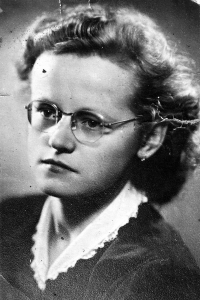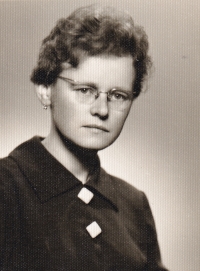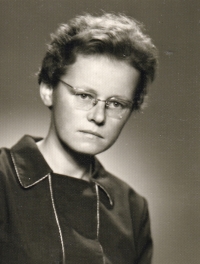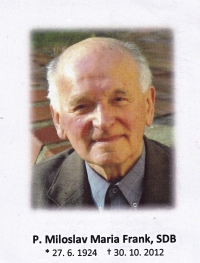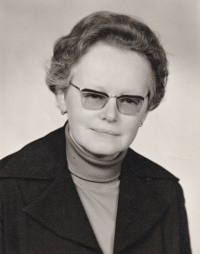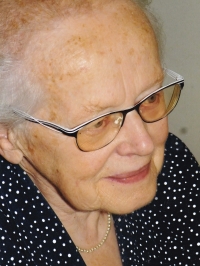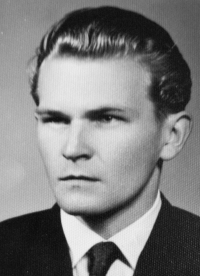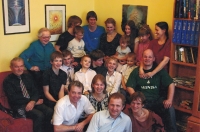We faced the lack of freedom, injustice and lies by virtue

Stáhnout obrázek
Marie Žídková, born Franková, was born on April 4, 1933 in Svinov, later a part of Ostrava. Her father made a living as a taxi driver. After Svinov‘s annexation to Germany, the family moved to the Vítkovice district of Ostrava, which was in the then Protectorate of Bohemia and Moravia. She experienced repeated bombings of Ostrava. Her older brother Miloslav Frank studied with the Salesians, with whom he was later secretly ordained a priest. After high school, Marie studied and graduated from a pedagogical school in Brno. She taught music education and Russian at the primary school in Ostrava-Svinov. In 1958, the school management released her for political reasons. The only job she then got was a job as a worker in the operation of Klement Gottwald‘s Vítkovice Ironworks. In 1968, she was able to return to education. She taught violin and music education at the Elementary Art School in Ostrava-Vítkovice (previously Folk art school). She married former political prisoner Leo Žídek, with whom she had three children. During the communist regime, she helped spread samizdat religious literature and organised unofficial Christian trips of young people to the mountains. In 2021 she lived with her family in Ostrava-Svinov.
